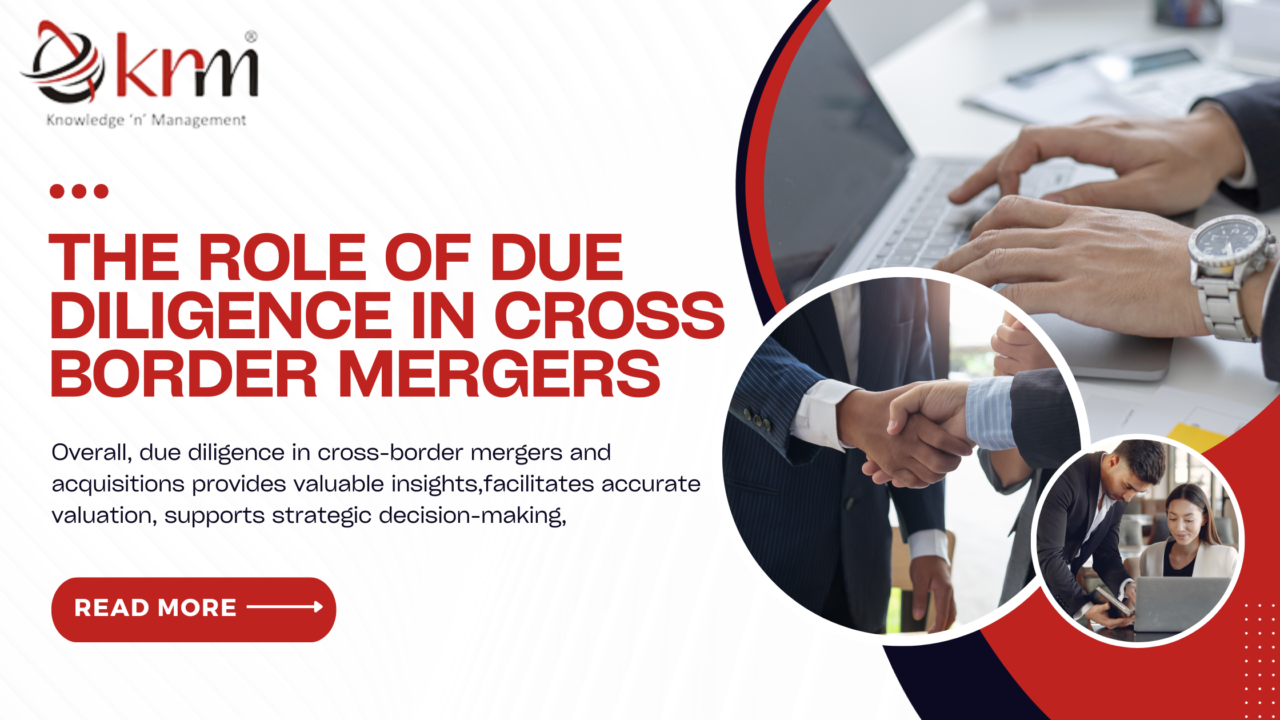The term ‘due diligence’ alludes to a sensible investigation of the points of interest and issues related to going into an agreement or arrangement for a merger or acquisition that must be completed by the gatherings to such agreement or understanding. This may either be interpreted as a legitimate commitment or a deliberate endeavor.
Using due diligence as an instrument is essential for introductory extensive danger evaluations, achievability concentrates during the transaction, and lastly understanding the legitimate complexities encompassing the marketing.
The primary is essential for the recognizable proof of territories of danger and related issues of defilement. This to a great extent includes increasing sound information on the exercises, transactions, and nature of the objective business. Also, due diligence is essential to relieve issues that emerge attributable to contrasts in tax assessment and bookkeeping/monetary standards and it should endeavor to welcome an agreement on such liquidation measurements which would decide the well-disposed advancement of the transaction.
The Global Scenario of Due Diligence
With various controllers universally requiring differed commitments based on strategy contemplations, corporate responsibility has become a need and is accordingly basic for the rebuilding of a corporate substance, and subsequently, due diligence must be practiced in the essential limit, risk infringement close by different costs, for example, that of notoriety ought to be appended close by, driving towards examination and actions of implementation. One of the most significant viewpoints that an organization must consider while directing due diligence must be that of against trust matters, which differ locally everywhere on the globe, in this way putting a limitation on cross-outskirt merger control.
Notable Global Instances of Inadequacies of Due Diligence
A lack of due diligence can leave a permanent impact on the association which can frequent the working and notoriety of an organization for a lot of time. There are numerous cases wherein deficient due diligence has influenced the organization.
Google and Nest
Google procured home labs in 2014 to go into the market of savvy homes. Google worked productively on the product yet couldn’t adapt to the equipment and item development. This prompted interior battling and governmental issues inside the Nest which influenced the item advancement of the organization and at last both the originators needed to later stop the organization.
HP and Autonomy
In 2011, HP obtained Autonomy, a European information examination organization. In any case, later it was discovered that Autonomy had cooked their books which brought about the expansion of their costs during acquisition. The organization (HP) couldn’t pick up anything from the acquisition and eventually needed to record the acquisition as a $9 Billion Loss.
Benefits of Due Diligence in Cross-Border Merger
- Risk Mitigation: Conducting due diligence helps identify potential risks associated with the target company, such as legal, financial, operational, or regulatory issues. By uncovering these risks early on, the acquiring company can make informed decisions and take necessary steps to mitigate or address them before finalizing the deal.
- Accurate Valuation: Due diligence provides a comprehensive understanding of the target company’s financial health, assets, liabilities, and market position. This information enables the acquiring company to accurately assess the value of the target company and negotiate a fair purchase price. It helps avoid overpaying for the acquisition and ensures a more realistic valuation.
- Strategic Decision-making: Through due diligence, the acquiring company gains insights into the target company’s operations, market presence, customer base, and competitive landscape. This information helps in making strategic decisions regarding the integration of the two entities, identifying synergies, and developing a post-merger integration plan. It allows for a more informed and effective decision-making process.
- Legal and Regulatory Compliance: Cross-border mergers and acquisitions involve navigating complex legal and regulatory frameworks. Due diligence helps identify any non-compliance issues, potential legal liabilities, or regulatory hurdles that may arise during or after the transaction. This knowledge allows the acquiring company to address these issues proactively and ensure compliance with all applicable laws and regulations.
- Enhanced Negotiation Power: By conducting due diligence, the acquiring company gains a deeper understanding of the target company’s strengths, weaknesses, and potential areas for improvement. This knowledge provides leverage during negotiations, allowing for more favorable terms and conditions. It also helps in identifying potential deal breakers or areas that require further negotiation.
Conclusion
Overall, due diligence in cross-border mergers and acquisitions provides valuable insights, reduces risks, facilitates accurate valuation, supports strategic decision-making, ensures legal compliance, and enhances negotiation power. It is a critical process that maximizes the chances of a mutually beneficial and successful transaction.



